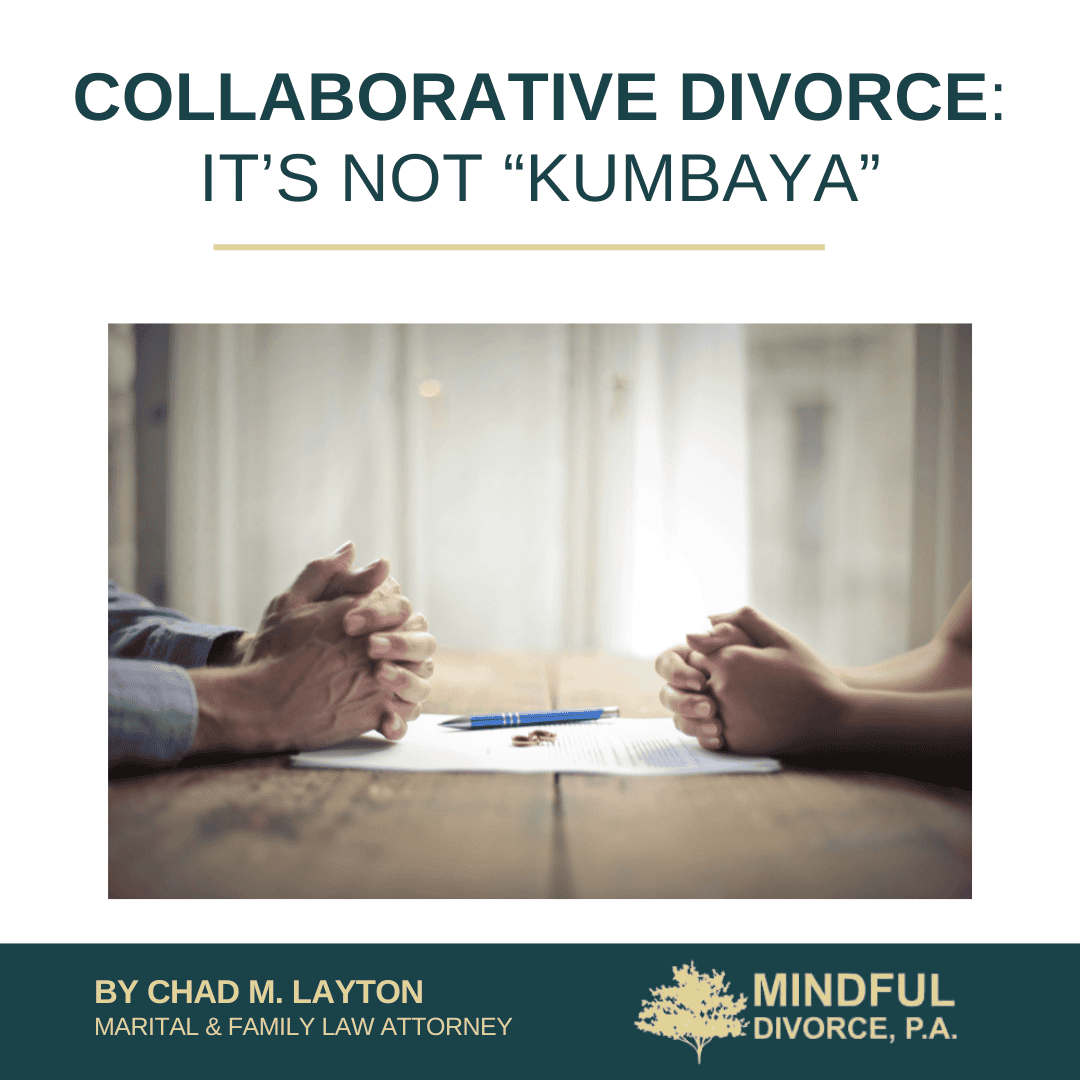
Couples sometimes reach a point where conversations feel stuck, trust feels shaky, and life together feels heavier than life apart. When that happens, the question becomes practical as well as emotional: is the marriage legally “irretrievably broken” under Florida law? At Mindful Divorce, P.A., we focus on bringing calmness to that question through clear advice and transparent fixed-fee plans. In the lines below, we explain what “irretrievably broken” means in Florida, how a divorce filing unfolds, and what steps can protect your future.
Defining ‘Irretrievably Broken’ in Florida Divorce Law
Florida follows a no-fault model for divorce. This means the court does not look for proof that either spouse caused the split. Instead, one spouse simply states that the marriage is “irretrievably broken,” meaning the relationship is past repair despite any effort to fix it.
No evidence of wrongdoing is required. The statement alone, made under oath, is enough to let the court dissolve the marriage. This approach keeps the focus on moving forward rather than reliving painful events.
Because fault is not on trial, partners can put energy into solutions such as parenting plans, asset division, or settlement talks instead of gathering proof of blame. This often reduces stress and legal cost.
Recognizing the Signs: Is Your Marriage Irretrievably Broken?
Only you and your spouse can decide whether the bond is past the point of repair. Friends, relatives, or even lawyers can offer perspective, but the final call rests with you. Still, certain patterns frequently signal that the break is real and lasting.
Common Indicators of an Irretrievably Broken Marriage
When several of the factors below continue for months despite counseling or honest effort, couples often conclude the marriage cannot be saved:
- Persistent conflict and communication breakdown. Conversations turn into arguments, or partners stop talking altogether.
- Absence of intimacy. Emotional distance, lack of physical closeness, or both can leave the relationship feeling hollow.
- Infidelity or breach of trust. A betrayal often creates wounds that feel too deep to heal.
- Differing values and life goals. Plans for children, careers, or religious practice move in opposite directions.
- Financial problems and stress. Crushing debt, secret spending, or opposite money styles strain daily life.
- Other irreconcilable differences. Religious or political clashes, tension with extended family, unequal household effort, work-life imbalance, or personality conflicts can each widen the gap.
These warning signs do not dictate a single legal outcome, yet they help couples decide whether to pursue counseling, trial separation, or divorce.
Filing for Divorce: What to Expect in Florida
Once at least one spouse decides the marriage is past repair, attention shifts to procedure. Florida law provides both straightforward and more contested paths.
One Spouse’s Belief Is Enough
In Florida, one spouse can file for divorce even if the other wants to stay married. The petitioner swears that the marriage cannot be fixed. The responding spouse can dispute facts around parenting or money, yet the court still holds power to grant the divorce itself after testimony that the relationship is beyond repair.
Contested vs. Uncontested Divorce
An uncontested divorce happens when both spouses agree on every issue: property division, support, and parenting time. Paperwork is filed, a short hearing occurs, and the divorce is finalized with limited delay.
A contested case arises when any point is in dispute. Hearings, formal discovery, or even trial can follow, stretching the timeline. Legal guidance helps keep the process from spiraling while protecting rights.
Florida Divorce at a Glance
| Topic | Quick Fact |
| No-fault status | Only a sworn statement that the marriage is irretrievably broken is needed. |
| Residency rule | At least one spouse must live in Florida for six months before filing. |
| Waiting period | Courts can enter a final judgment 20 days after filing, though contested cases take longer. |
| Parenting class | Couples with minor children must complete a state-approved class before final hearing. |
| Key paperwork | Petition, financial affidavit, parenting plan, and marital settlement agreement (if any). |
The chart above highlights core points that often shape strategy and timeline. Knowing these rules early lets spouses gather documents and plan housing or budgeting with fewer surprises.
- Collect recent tax returns, bank statements, and retirement records before filing to speed required disclosures.
- Consider mediation for disputed items. Florida courts frequently direct parties to mediated sessions before trial dates are set.
- Create a written parenting proposal. Judges appreciate thoughtful plans that put children first.
Following these tips can reduce stress, save legal fees, and protect family relationships.
Timeline Snapshot From Filing to Final Judgment
- Day 1-20: Petition filed and served. Respondent files answer. Automatic stay on selling assets begins.
- Day 20-45: Financial affidavits exchanged. Temporary support hearings, if needed.
- Month 2-6: Mediation or settlement talks. Parenting class completed.
- Month 6+: Uncontested cases reach brief final hearing. Contested cases head to discovery, further hearings, and trial dates.
While each family’s story differs, this outline offers a sense of progression and allows realistic planning for work schedules, childcare, and housing moves.
Next Steps: Legal Guidance and Support
Even in a no-fault setting, past conduct can still influence results. Wasteful spending could impact asset division and domestic violence records could shape custody rulings. Skilled counsel spots when such facts matter and when they do not.
Beyond the legal rules, divorce carries emotional weight. Support from therapists, financial planners, and caring friends often makes the road smoother. At Mindful Divorce, P.A., we coordinate with such professionals whenever helpful, letting you focus on health and future goals.
Considering Divorce in Florida? Contact Mindful Divorce, P.A.
Deciding to end a marriage is hard. Picking the right legal team should feel easier. We offer clear guidance, predictable fixed fees, and respect for every client’s peace of mind. Feel free to call 561-537-8227 or visit our website to book a consultation. Let our firm help protect what matters most while you build the next chapter.



